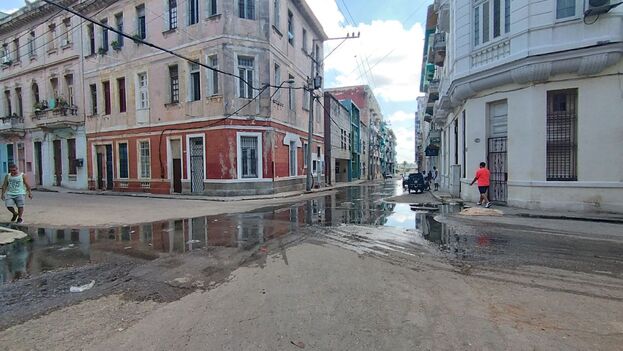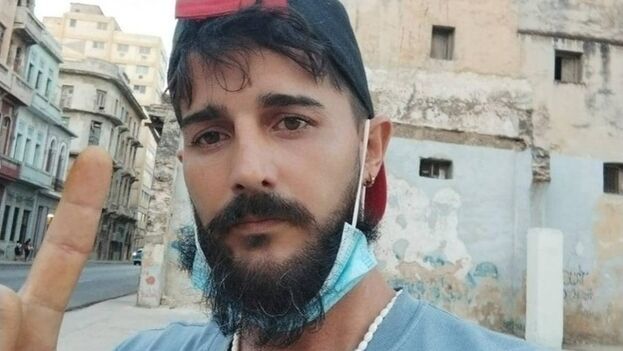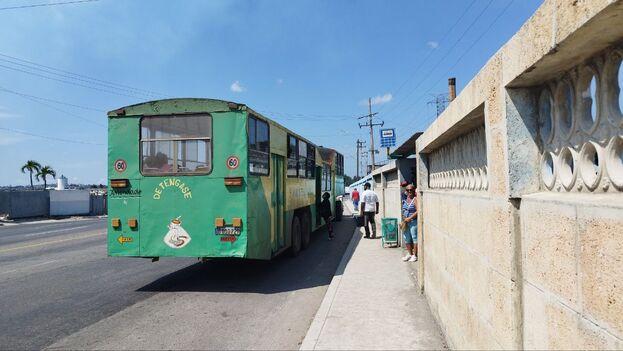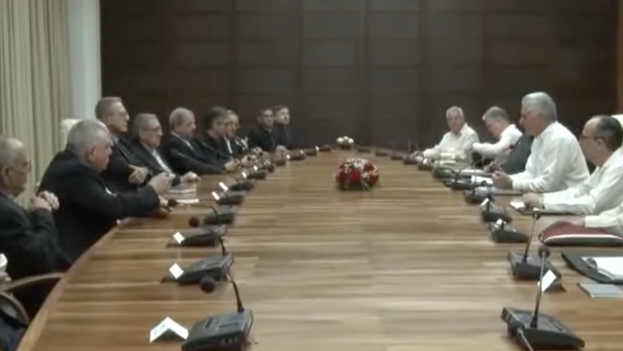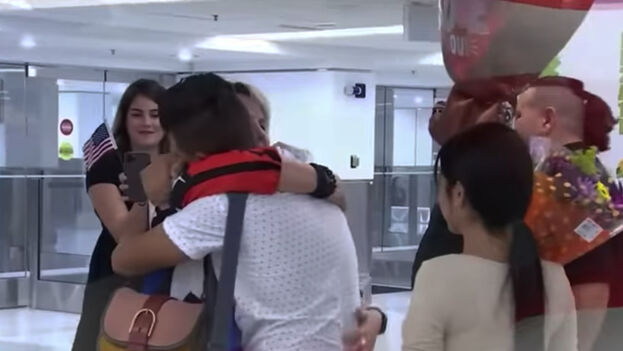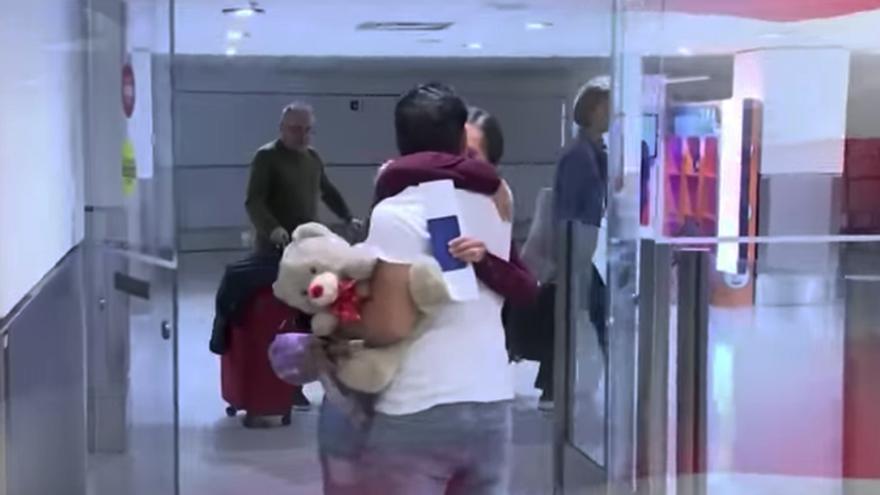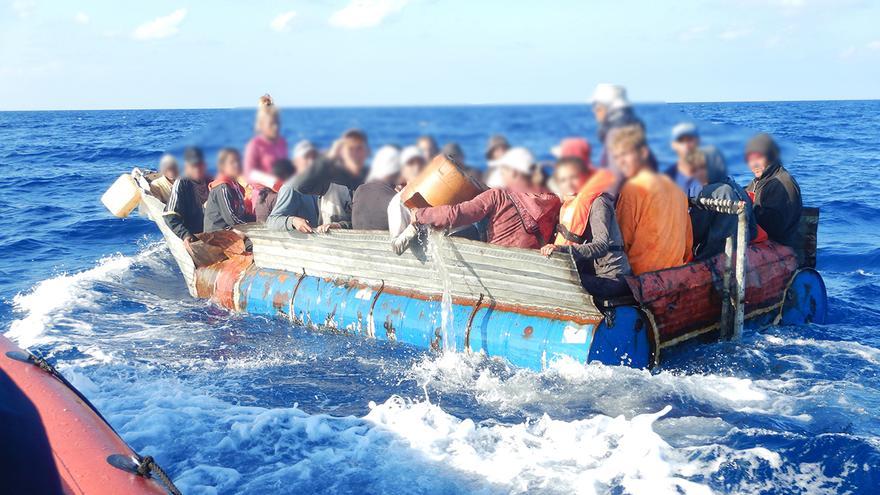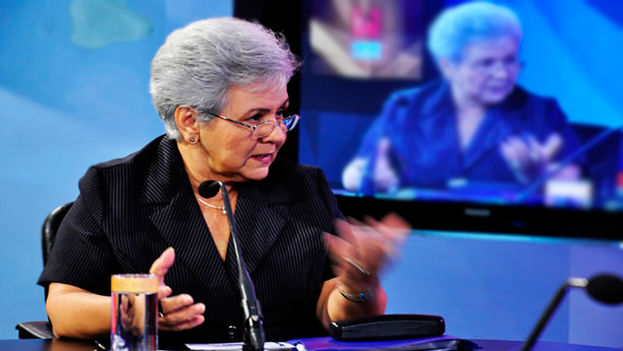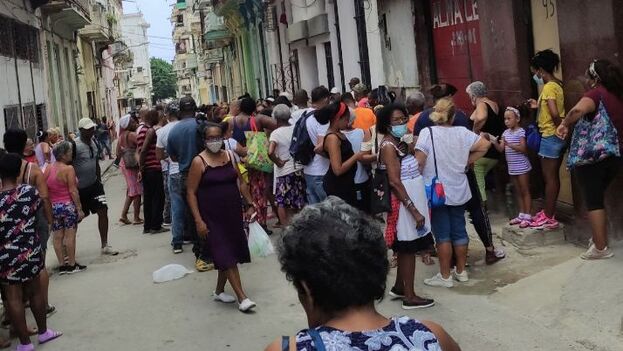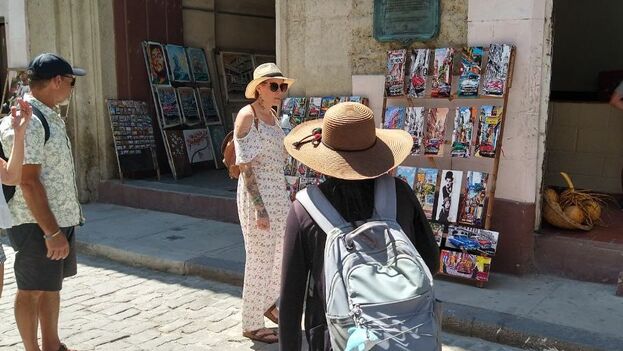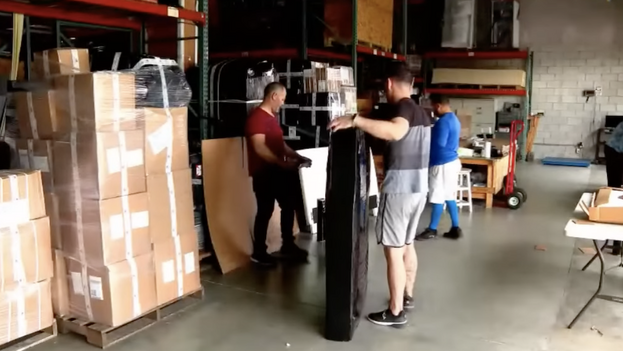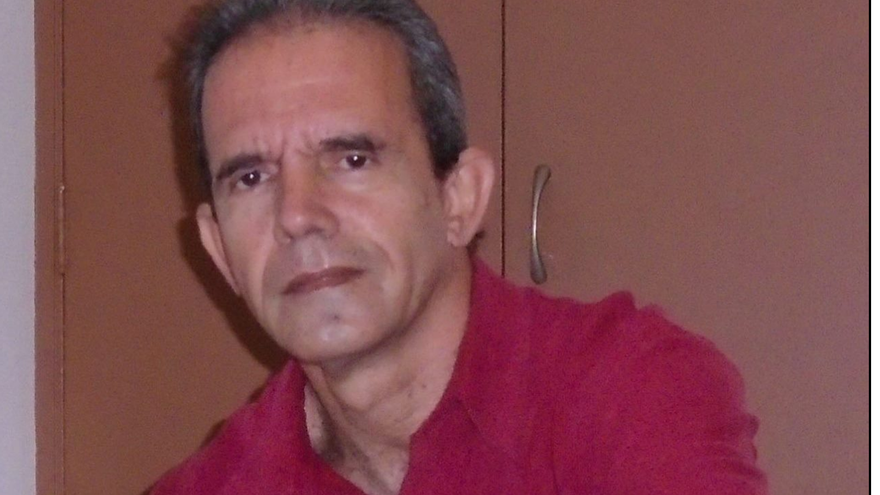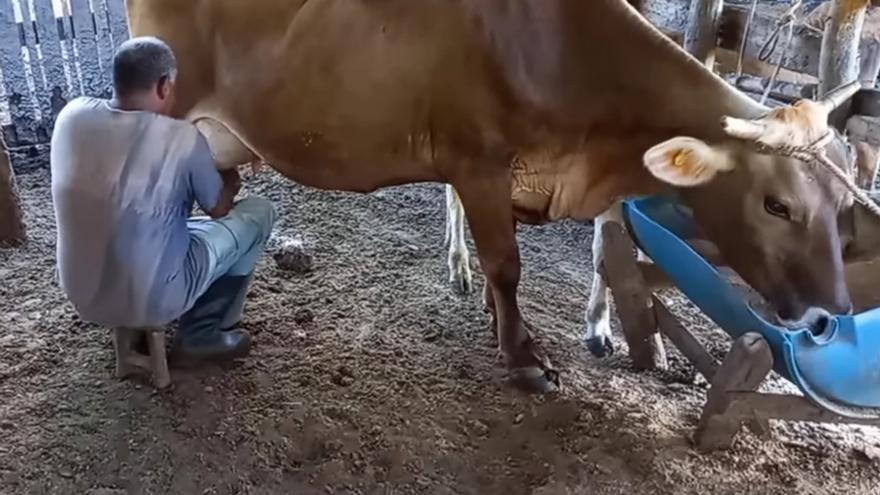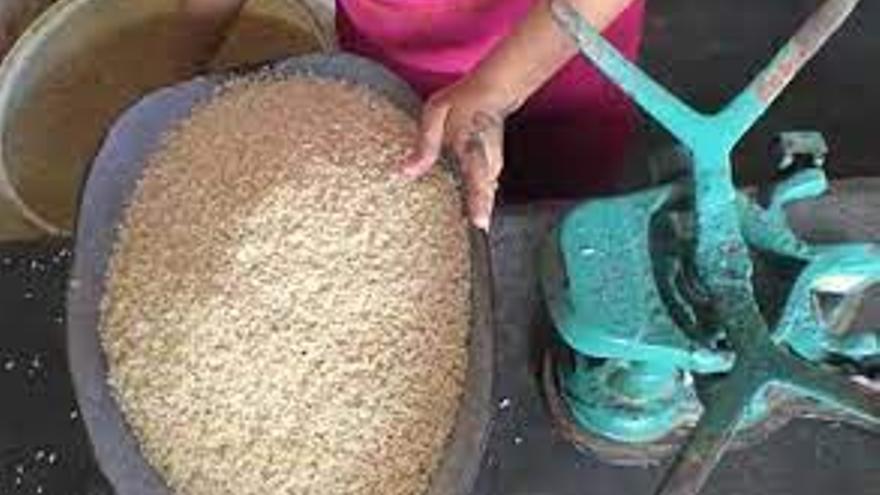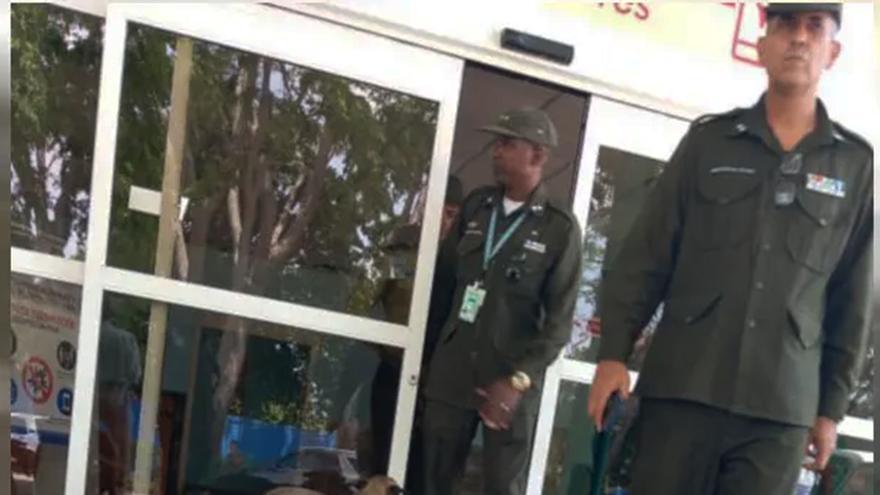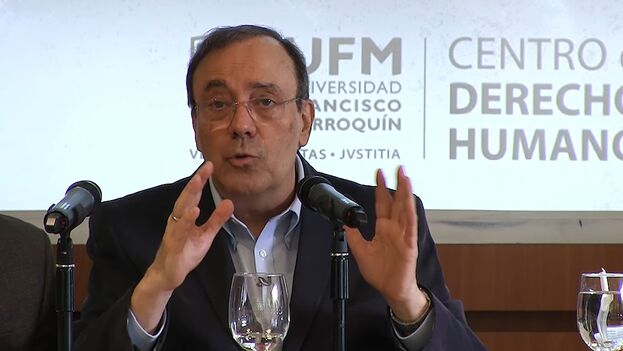
![]() 14ymedio, Carlos Alberto Montaner, Madrid, 29 April 2023 — I’ve aged in opposition to your regime. Before you were born, I was a premature anti-communist, totally intuitive, at 16 years of age. I was 15 years old when the revolution triumphed. Today, I am 80. You have no right to this continuity. And I was anti-Batista, also, naturally. The “anti-Batista” was as a result of my parents. Manola and Ernesto were also. Arriving in exile on the afternoon of 9 September 1961, the change I observed in my father surprised me: it was a pro-Batista shift I attributed, without any basis, to his new wife: Lourdes Anaya-Murillo, the daughter of prominent Batista supporters.
14ymedio, Carlos Alberto Montaner, Madrid, 29 April 2023 — I’ve aged in opposition to your regime. Before you were born, I was a premature anti-communist, totally intuitive, at 16 years of age. I was 15 years old when the revolution triumphed. Today, I am 80. You have no right to this continuity. And I was anti-Batista, also, naturally. The “anti-Batista” was as a result of my parents. Manola and Ernesto were also. Arriving in exile on the afternoon of 9 September 1961, the change I observed in my father surprised me: it was a pro-Batista shift I attributed, without any basis, to his new wife: Lourdes Anaya-Murillo, the daughter of prominent Batista supporters.
Manola, continued to be anti-Batista. I was happy my mother continued feeling democracy in the same way I had learned: absolute tolerance to alien thought. I tell you this story so that you won’t believe the disinformation the regime disseminates in its publications about its adversaries. I have nothing to do with the CIA, nor terrorism, nor Batista, and there is not a shred of truth to the buzz “that Montaner helped train Yoani Sánchez on matters related to the internet” during one of her visits to Europe. Unlike Yoani, director of the magnificent and much-needed digital outlet 14ymedio, I have no interest in understanding how the internet functions. My knowledge of these matters is very limited. Those are excuses State Security makes to discredit those who propose initiatives on the margins of communism, such as the one in this letter.
Mr. Díaz-Canel, Marxism, as the substance of the communist system, has always failed, just as any leader who attempted it
Mr. Díaz-Canel, Marxism, as the substance of the communist system, has always failed, just as any leader who attempted it. Why? It has been implemented among the Germans and you’ve seen the results. It was tried among the Koreans and you’ve seen the consequences: on the same peninsula there is one portion, the north, which doesn’t even have electricity at night. And in the south, in turn, is the developed Korea which exports vehicles, televisions, and computers, and the population enjoys a standard of living similar to that of the first world.
What has not been achieved is equal results. Not everyone is powerful and rich in the most prosperous countries on the planet. There are, of course, many poor people in the world’s richest societies. But, what type of poor people find themselves immersed in those pockets of wealth? In the U.S. the poverty level for a family of four is an income less than $27,750, in addition to access to schools, hospitals, food stamps and justice. The welfare state is even more impressive in Nordic countries of Europe. Denmark will pay my granddaughter, Claudia, for her second Master’s degree. When she finishes she will begin life debt free. continue reading
This is all paid for by income generated from the salaries of workers and employer benefits. Confiscating large and medium enterprises was a grave error committed between June and December 1960 in Cuba. Charging taxes would have been sufficient. And confiscating small enterprises was a stupidity that occurred in 1968, when tens of thousands of businesses were taken by the State, during the “Revolutionary offensive,” some of them comprising only one person, such as taxis and certain barber shops and hair salons; much to its chagrin, Cuban society became the most communist on the planet.
Confiscating large and medium enterprises was a grave error committed between June and December 1960 in Cuba
I haven’t come this far to tell you what you already know. It is evident Marx was mistaken. That communism was based on the appropriation of the productive apparatus was a disaster. That our island is a tremendous catastrophe, with its cities and roads destroyed, as if it had suffered a bombardment from an unforgiving power. What you deserve to hear is “how to transform setbacks into gains” as I believe you like to say.
Recently, Rosa María Payá came to visit me in Madrid. She came to bring me a book. She is the daughter of Oswaldo Payá, who State Security murdered in 2012, along with Harold Cepero. This is what David E. Hoffman, who won the Pulitzer prize for historical research, has exposed through his research (Give Me Liberty, Simon & Schuster).
Today, Rosa María leads Cuba Decide and doesn’t flinch in her resolve to continue her father’s mission, when he headed the Movimiento Cristiano de Liberación [Christian Liberation Movement] and launched the Varela Project on the island. His objective was to hold a plebiscite through which Cubans could freely decide their destiny at the polls. An objective his daughter continues to pursue to end, once and for all, the curse that is the continuity you sadly preside over.
My time has already passed. The time for Castroism has been exhausted. In reality, it was born to fail from the beginning. This moment is for youth like Rosa María Payá, within and outside the island, who desperately search for what she summarizes as “defense of liberty, democracy and human rights.” Learn from them. You still can.
Translated by Silvia Suárez
____________
COLLABORATE WITH OUR WORK: The 14ymedio team is committed to practicing serious journalism that reflects Cuba’s reality in all its depth. Thank you for joining us on this long journey. We invite you to continue supporting us by becoming a member of 14ymedio now. Together we can continue transforming journalism in Cuba.

